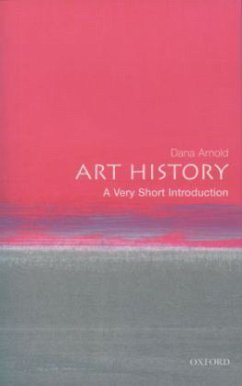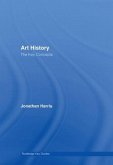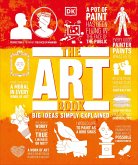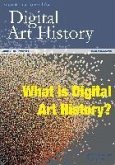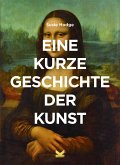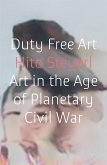This clear and concise new introduction examines all the major debates and issues using a wide range of well-known examples. It discusses the challenge of using verbal and written language to analyse a visual form. Dana Arnold also examines the many different ways of writing about art, and the changing boundaries of the subject of art history. Topics covered include the canon of Art History, the role of the gallery, 'blockbuster' exhibitions, the emergence of social
histories of art (Feminist Art History or Queer Art History, for example), the impact of photography, and the development of Art History using artefacts such as the altarpiece, the portrait, or pornography, to explore social and cultural issues such as consumption, taste, religion, and politics.
Importantly, this book explains how the traditional emphasis on periods and styles originates in western art production and can obscure other critical approaches, as well as art from non western cultures.
ABOUT THE SERIES: The Very Short Introductions series from Oxford University Press contains hundreds of titles in almost every subject area. These pocket-sized books are the perfect way to get ahead in a new subject quickly. Our expert authors combine facts, analysis, perspective, new ideas, and enthusiasm to make interesting and challenging topics highly readable.
histories of art (Feminist Art History or Queer Art History, for example), the impact of photography, and the development of Art History using artefacts such as the altarpiece, the portrait, or pornography, to explore social and cultural issues such as consumption, taste, religion, and politics.
Importantly, this book explains how the traditional emphasis on periods and styles originates in western art production and can obscure other critical approaches, as well as art from non western cultures.
ABOUT THE SERIES: The Very Short Introductions series from Oxford University Press contains hundreds of titles in almost every subject area. These pocket-sized books are the perfect way to get ahead in a new subject quickly. Our expert authors combine facts, analysis, perspective, new ideas, and enthusiasm to make interesting and challenging topics highly readable.

